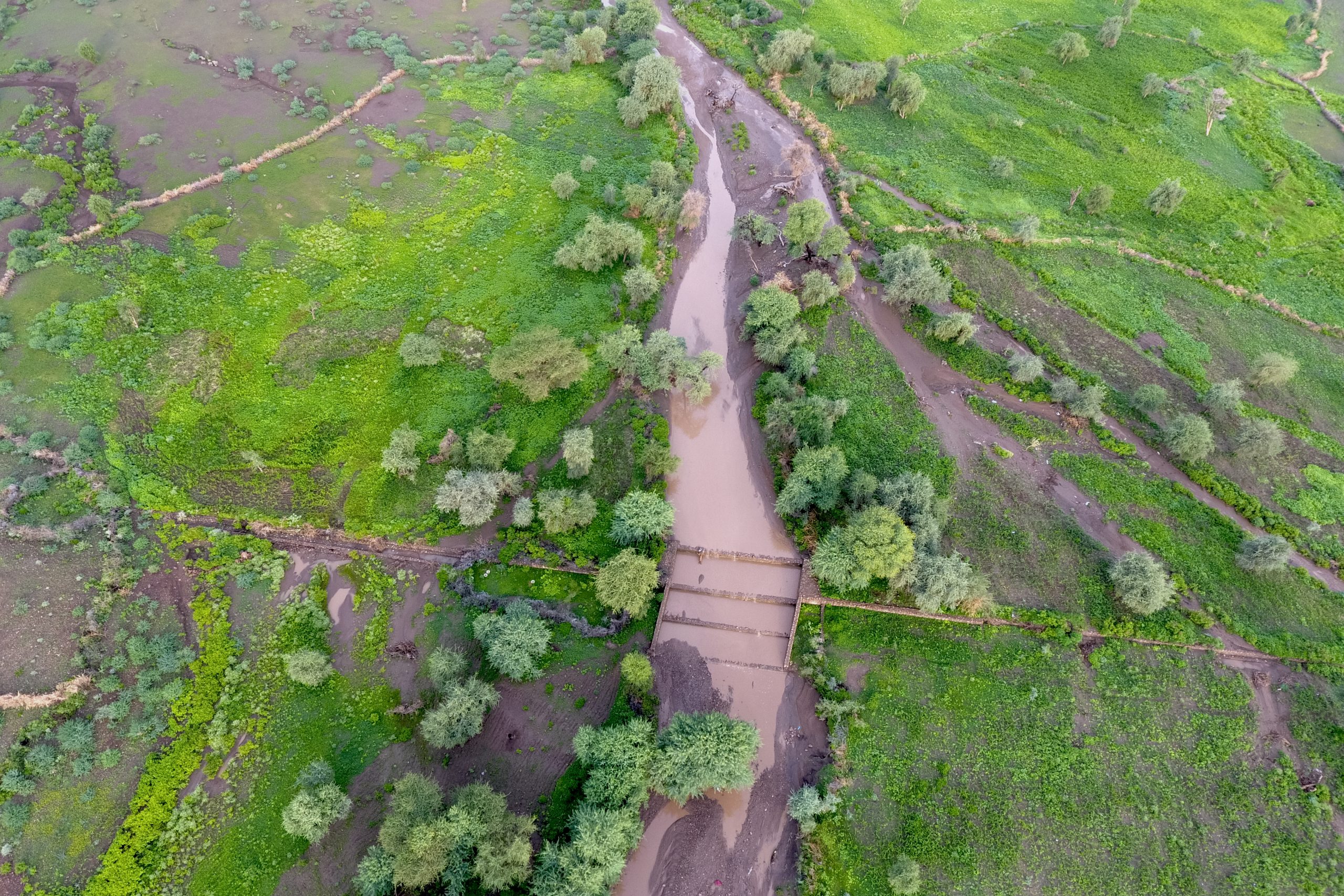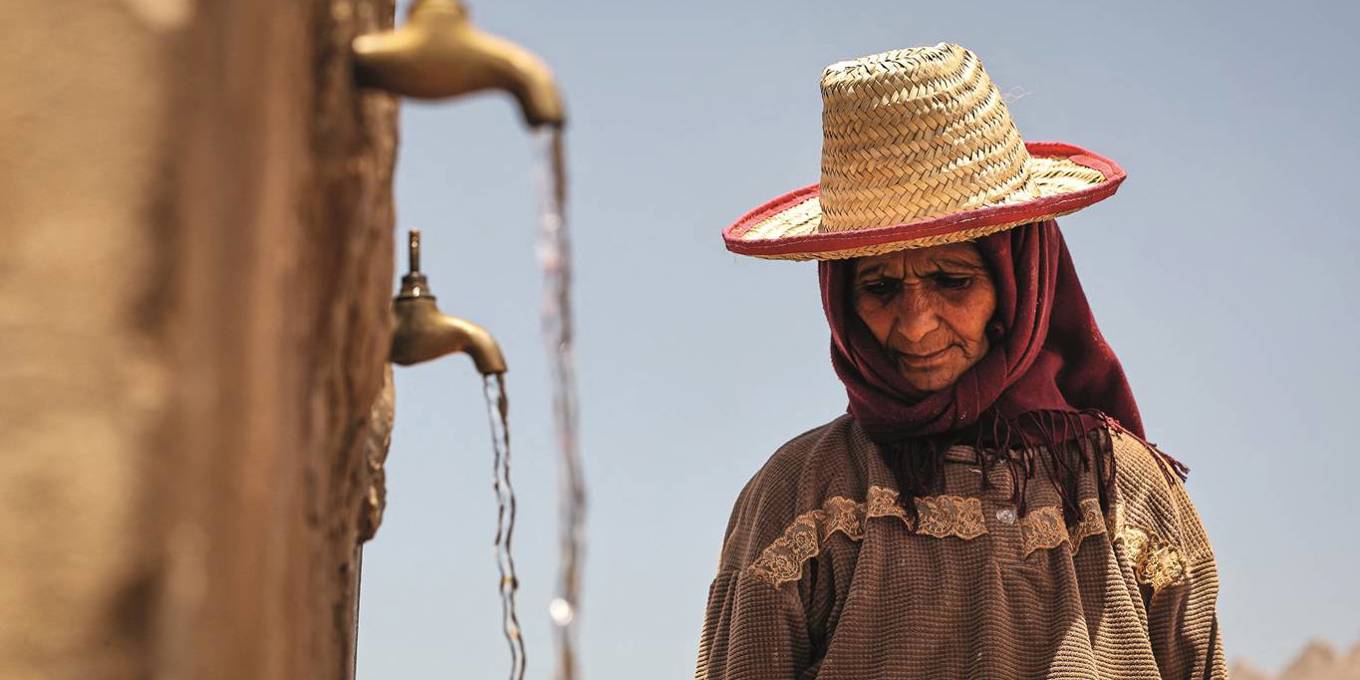- World Water Forum, Bali
- 15:00
- – 16:00
- 21 May 2024
- – 21 May 2024
Water for Generations: An Institutional Perspective
- Global event
This session created vital awareness of the intersection between water and youth, emphasizing the critical role that young people play in water governance now and for future generations. The 10th World Water Forum was a unique opportunity to position and mainstream the voices of young people, traditionally marginalized, into the critical conversation on water conservation and governance. This high-level intergenerational panel focused on how we restore and protect water for current and future generations, and what the role of institutions should be to do so.
The work of the Commission tells us that the hydrological cycle stability is decreasing, that freshwater stocks (in glaciers, in groundwater, in wetlands, in soils) are in decline, and that there is no real substitute for water. What does this scenario mean for the next generation? By addressing intergenerational justice, we are making this conversation not only about young people, but about both current, and future generations.
To address our most pressing climate, environmental and hydrological challenges, institutions need to adapt and reform. In the face of institutional change, the voice of the youth is a critical one. Responding to the water crisis is a collective responsibility which requires higher levels of collective ambition and transformational changes in governance, finance, technology, institutional capacities, partnerships and what we value. The session provided a cross-institutional and cross-generational perspective on aligning actions to address the most pressing challenges for both current and future generations, in the world of water and beyond. The panel identified the role of institutions, policy, advocacy, and innovation to restore the hydrological cycle.
This session provided a bridge between the new science, the next generation, the required action, and the need for systemic change in an institutional context. It highlighted the intersectionality of water, by spotlighting the youth’s perspective, to propose clear pathways for youth involvement in water governance, conservation, and restoration.
Speakers
Henk Ovink
Executive Director, Global Commission on the Economics of Water
Karishma Asoodani
Youth Advocate, World Water Council
Elizabeth Wathuti
Commissioner, Global Commission on the Economics of Water Founder, Green Generation Initiative
Joyeeta Gupta
Commissioner, Global Commission on the Economics of Water Professor, Faculty of Social and Behavioural Sciences, University of Amsterdam
Neil Andhika
Youth Delegate, Bali Youth Plan
Ayesha Alateeqi
Youth Plan, United Arab Emirates
Morgan Booher
Specialist, Food and Water, Food Systems Initiative, World Economic Forum
Marijn Korndewal
Policy Analyst, OECD
Federico Properzi
Chief Technical Advisor, UN-Water
Related news

IWMI to host Secretariat of the Global Commission on the Economics of Water
International research and innovation institute will facilitate next stage of the Global Commission, as it shares its recommendations for action.

Project Syndicate: The Water-Security Crisis
The increasingly well-documented links between climate change, biodiversity loss, and water insecurity point to a fundamental issue: our economic systems